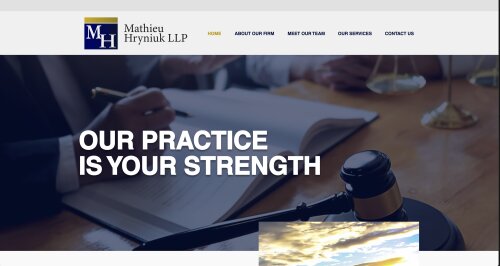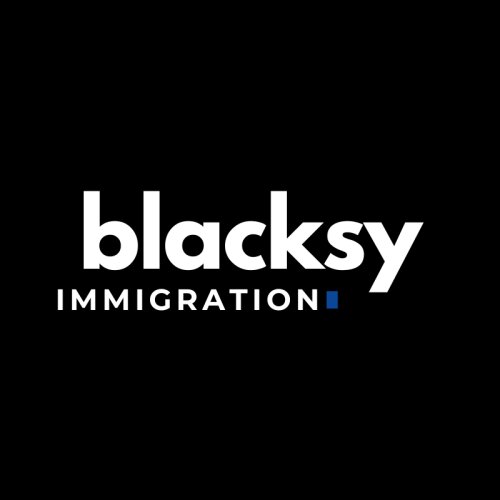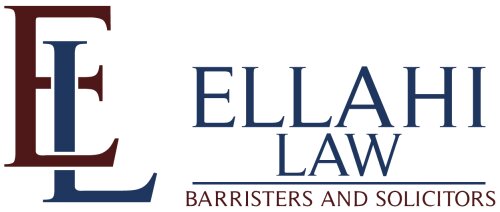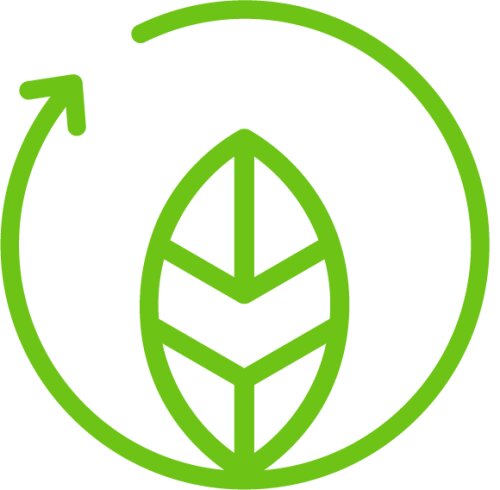Best Public-Private Partnerships (PPP) Lawyers in Toronto
Share your needs with us, get contacted by law firms.
Free. Takes 2 min.
List of the best lawyers in Toronto, Canada
About Public-Private Partnerships (PPP) Law in Toronto, Canada
Public-Private Partnerships (PPPs) are long-term collaborative agreements between government entities and private sector organizations to deliver public infrastructure, services, or facilities. In Toronto, Canada, PPPs play a vital role in the construction and operation of roads, transit systems, hospitals, schools, and more. These partnerships are designed to combine the strengths, resources, and expertise of both the public and private sectors, resulting in efficiencies and shared risks for large-scale projects. The legal framework for PPPs in Toronto is influenced by federal, provincial (Ontario), and municipal laws, as well as well-established best practices in contract management, procurement, and risk allocation.
Why You May Need a Lawyer
Engaging in Public-Private Partnerships involves navigating a complex web of legal, financial, and operational issues. Here are some common situations in which individuals, corporations, or government bodies might require legal help relating to PPPs:
- Drafting or reviewing PPP agreements to ensure your interests are protected and compliant with local laws
- Participating in procurement processes, including requests for proposals (RFPs) and bidding procedures
- Addressing disputes or renegotiations during the life of a PPP project
- Managing regulatory compliance and risk-sharing issues between public and private parties
- Navigating financing and funding structures associated with PPP projects
- Ensuring environmental, zoning, and land use compliance for projects located in Toronto
- Responding to audits or investigations by governmental authorities
- Advising on termination or exit strategies if a partnership concludes early or experiences challenges
Legal counsel can help ensure contracts are enforceable and equitable, mitigate risks, and resolve conflicts efficiently, providing peace of mind for all participants.
Local Laws Overview
Public-Private Partnerships in Toronto are primarily governed by the laws and policies of Ontario, in alignment with federal standards. Key legal considerations include:
- Infrastructure Ontario (IO) Act: Infrastructure Ontario oversees many PPP projects, notably through the Alternative Financing and Procurement (AFP) model, which establishes guidelines for project procurement, construction, and operation.
- Procurement Law: Ontario’s procurement laws ensure transparency, fairness, and competitiveness in the selection process for PPPs.
- Municipal By-Laws and Approvals: Local Toronto by-laws affect zoning, land use, permits, and approvals that may impact PPP projects.
- Contract Law: PPP agreements are legally binding contracts detailing obligations, timelines, risk allocation, and dispute resolution methods. Specific attention is needed to clauses about performance, penalties, and exit conditions.
- Environmental Regulations: Projects must comply with federal and provincial environmental laws, including impact assessments and sustainability requirements.
Collectively, these laws ensure that PPP projects are conducted transparently, meet public needs, and are legally sustainable for all participants.
Frequently Asked Questions
What is a Public-Private Partnership (PPP)?
A PPP is a cooperative arrangement between a government entity and a private company to deliver public infrastructure or services, typically involving shared investments, risks, and rewards.
How are PPPs structured in Toronto?
Most PPPs in Toronto use the Alternative Financing and Procurement (AFP) model, where the private sector designs, builds, finances, and sometimes operates the project, with government oversight.
What sectors use PPPs in Toronto?
PPPs are commonly used in transportation, healthcare, education, water treatment, waste management, and social infrastructure projects.
Who oversees PPP projects in Toronto?
Infrastructure Ontario is the primary provincial agency overseeing procurement and delivery. The City of Toronto and other municipal agencies also play significant roles.
Are PPP contracts public documents?
Key contract details and project agreements are often made publicly available to ensure transparency, but some commercially sensitive information may be redacted.
What are the risks involved in PPPs?
Risks include cost overruns, delays, changes in law or policy, performance failures, and financial uncertainties. Contracts are carefully drafted to allocate risks between partners.
How is the procurement process conducted?
Procurement typically starts with an open request for qualifications or proposals, followed by evaluations, negotiations, and award of a contract to the successful bidder.
Can disputes arise in PPP projects?
Yes, disputes may arise over performance, payments, contract interpretation, or unforeseen events. Dispute resolution provisions, such as mediation or arbitration, are common in PPP agreements.
Is community consultation required for PPP projects?
Major PPP projects often require community engagement, environmental assessments, and public consultations to address concerns and ensure alignment with local priorities.
How can legal counsel assist with PPPs?
Lawyers provide advice on contract drafting and negotiation, regulatory compliance, due diligence, risk management, dispute resolution, and protecting your legal interests throughout the project lifecycle.
Additional Resources
Several organizations and governmental bodies in Toronto and Ontario provide helpful information on PPPs:
- Infrastructure Ontario - Offers guides, procurement documents, and project listings
- Ontario Ministry of Infrastructure - Publishes provincial infrastructure policies and frameworks
- City of Toronto - Provides planning, zoning, and municipal approval information
- Canadian Council for Public-Private Partnerships - Shares research, best practices, and networking opportunities
- Ontario Bar Association - Features a directory of legal professionals experienced in PPP law
Contacting these organizations or visiting their websites can provide additional insight into the PPP landscape in Toronto.
Next Steps
If you are considering involvement in a Public-Private Partnership or need legal advice for an existing PPP project in Toronto, here are some important steps to take:
- Gather all relevant information about your project and any existing agreements or correspondence
- Identify your specific objectives, concerns, or issues requiring legal attention
- Seek a lawyer or legal team with experience in PPP law and familiarity with both public and private sector dynamics
- Schedule a consultation to discuss your situation and receive initial guidance on rights, obligations, and possible next steps
- Continue to monitor developments in PPP law and policy from relevant governmental bodies and professional associations
Professional legal advice can be crucial to navigating the complexities of PPP projects and ensuring successful outcomes for all stakeholders.
Lawzana helps you find the best lawyers and law firms in Toronto through a curated and pre-screened list of qualified legal professionals. Our platform offers rankings and detailed profiles of attorneys and law firms, allowing you to compare based on practice areas, including Public-Private Partnerships (PPP), experience, and client feedback.
Each profile includes a description of the firm's areas of practice, client reviews, team members and partners, year of establishment, spoken languages, office locations, contact information, social media presence, and any published articles or resources. Most firms on our platform speak English and are experienced in both local and international legal matters.
Get a quote from top-rated law firms in Toronto, Canada — quickly, securely, and without unnecessary hassle.
Disclaimer:
The information provided on this page is for general informational purposes only and does not constitute legal advice. While we strive to ensure the accuracy and relevance of the content, legal information may change over time, and interpretations of the law can vary. You should always consult with a qualified legal professional for advice specific to your situation.
We disclaim all liability for actions taken or not taken based on the content of this page. If you believe any information is incorrect or outdated, please contact us, and we will review and update it where appropriate.

















